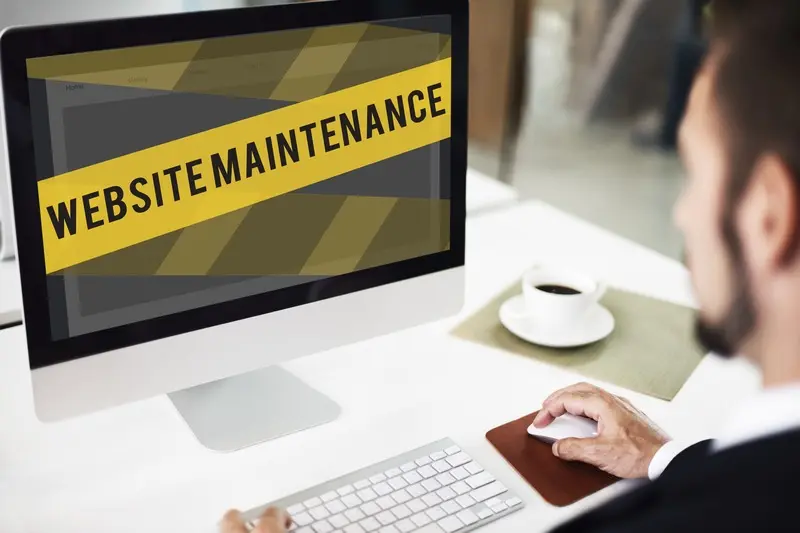A Comprehensive Guide to ERP Development, Benefits, and Cost Analysis
a year ago
Introduction
Enterprise Resource Planning (ERP) systems have become the backbone of modern business operations. These comprehensive software solutions help businesses manage and streamline their processes, leading to increased efficiency, better decision-making, and significant cost savings. In this guide, we will delve into the benefits of ERP development and provide an overview of the estimated costs involved.
Why Website Maintenance Matters
ERP development refers to the process of designing, implementing, and maintaining an ERP system tailored to a business's specific needs. Unlike off-the-shelf ERP solutions, custom ERP development can accommodate the unique processes and requirements of a business, providing a more targeted and effective management tool.
Benefits of ERP Development
Enhanced Efficiency:Custom ERP systems streamline business processes, reducing manual labor and minimizing errors. This leads to more efficient operations and time savings.
Improved Data Analysis and Reporting:With an integrated ERP system, businesses can collect and analyze data more effectively, leading to better decision-making and strategy development.
Scalability:Custom ERP solutions can grow with your business, ensuring that your system remains effective as your business evolves.
Better Customer Service:ERP systems can improve customer service by providing quicker, more accurate access to customer information and history.
Cost Savings:While the initial investment might be significant, the long-term savings due to improved efficiency and decision-making can be substantial.
Competitive Advantage:A custom ERP system can give businesses a competitive edge by optimizing their unique processes and operations.
Estimated Price of ERP Development
The cost of ERP development can vary widely depending on several factors:
Complexity of the System:The more complex the system, the higher the cost. Complexity can be influenced by the number of features, integration with other systems, and the level of customization required.
Size of the Business:Larger businesses with more users and processes will require a more robust system, increasing the cost.
Development Approach:Whether you choose an off-the-shelf solution, a custom-built system, or a hybrid approach can significantly impact the price.
Vendor Selection:Prices vary between vendors based on their experience, reputation, and geographical location.
Maintenance and Support:Ongoing maintenance, updates, and support are additional costs that should be factored into the total investment.
Rough Estimates
[ "Small to Medium-sized Businesses: For simpler systems, prices might range from $10,000 to $100,000.", "Large Enterprises: For more complex systems, the cost can go upwards of $100,000 to several million dollars." ]
Conclusion
[ "Investing in ERP development can be a game-changer for businesses looking to optimize their operations and stay competitive. While the initial investment may be considerable, the long-term benefits – increased efficiency, better decision-making, and cost savings – often justify the cost. It's crucial to thoroughly analyze your business's needs, consider the factors that influence the cost, and choose a development approach that aligns with your goals and budget.", "Remember, the cheapest option isn't always the best, and the most expensive one isn't necessarily the most effective. The key is to find the right balance between cost, functionality, and scalability to ensure your ERP system effectively supports your business both now and in the future." ]


